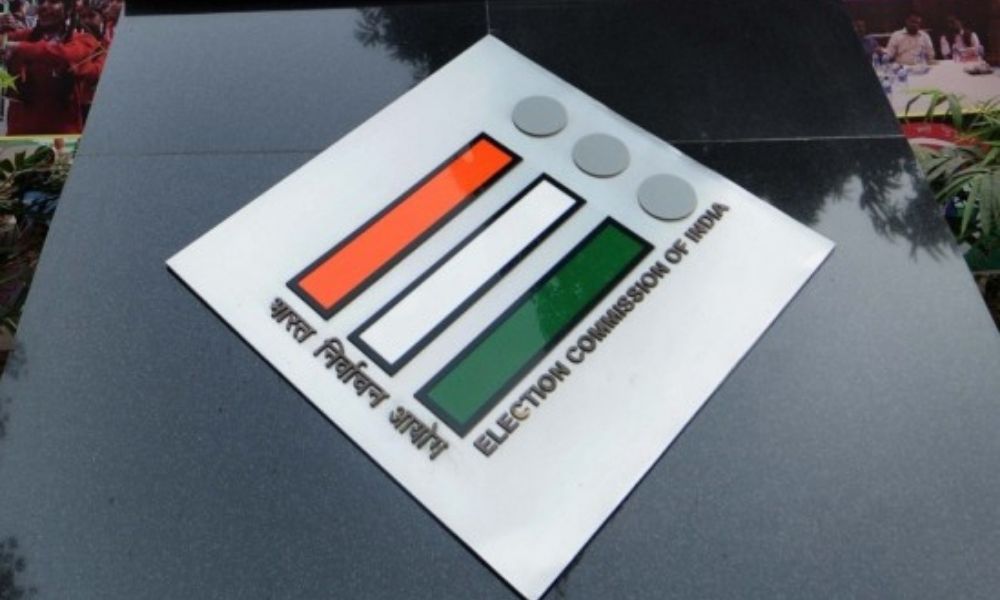Snehal Upadhyay-
Supreme Court’s divisional Bench comprising of Justices Rohinton Nariman and B. R. Gavai was hearing a contempt petition on willful disobedience of the Court’s judgement on Bihar Legislative Assembly Election of 2020.
The Court in this judgement mandatorily held for political parties of Central and State level to upload a piece of detailed information on the website concerning the selected candidates pending cases or charges and also as to why candidates without criminal charges were not been selected.
Although the matter, in this case, was on the question of acknowledgement done by the Election Commission of India on its power to suspend or withdraw recognition of a recognized political party for its failure to observe Model Code of Conduct or follow lawful directions and instructions of the Commission (under Paragraph 16A of the Symbols Order).
Also Read: Election Commission receives legal notice for no response to PIL
“The recourse to Paragraph 16A in all cases may not be called for. Your Lordships may censure the political parties and see how an election or two fans out with the threat of 16A hanging over their heads. If nothing is done, the 16A route can be gone down”, Senior Advocate Harish Salve for the ECI contended.
Mr Salve contended that nobody had ever imagined that political parties were caught up in the contempt for not disclosing criminal antecedents of their candidates. He further asserted that changes come from people’s hearts.
With the breach of the Court’s order, Mr Salve contended that “I only have one request to make. If Your Lordships impose a sanction, let it not be Re.1, so that people have photographs taken of themselves posing with a Re. 1 coin with smiles on their faces.”
Further, he requested the Court to order that the declaration of elections must take place two weeks before receiving the notification of the first phase. He also added that the parties must declare their selected candidates two weeks in advance.
The bench highlighted that the directions claimed by the advocate cannot be passed following Section 30 of the Representation of People’s Act, which deals with the appointment of dates for nominations.

